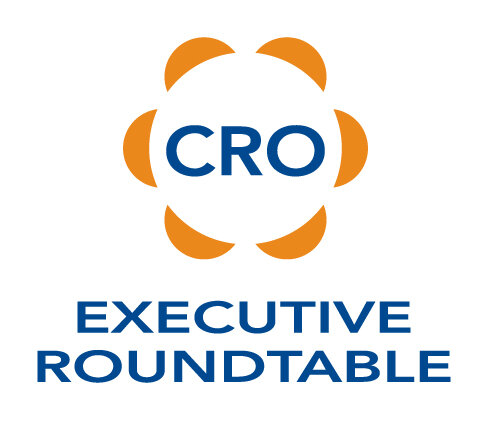Sales Perspective from the State of Hockey
Being headquartered in the State of Hockey (Thank You MN Wild) is either a plus or a minus depending on your interest in ice hockey. Having invested decades of time watching youth association to professional level games, it is clear there are similarities that go beyond the scoring (above or below budget performance).
Here are 3 items to consider getting ready for 2019:
Talent – Teams with more talent win more games. The talent part is a team issue – a composite of skating, stick handling, shooting and goaltending skills determine the outcomes. What critical skills are needed/missing on your team to outperform the market?
Speed vs. skill - Teams need both. Speed players can move the puck fast but stick handlers can be just as productive. Companies are always attracted to the big bio candidates but good stick handlers get things done too. Stick handlers may have less speed but they have the peripheral vision (anticipate disruption) needed to keep moving forward. Sometimes it is easier to find good stick handlers with strong team profiles.
Adversity - What happens if you fall behind? Normally that means you were not prepared (skill or disruption issues) or you underestimated the competition…or both. Not a lot of options once the game (year) starts. Typically, your top scoring lines get more shifts. Bottom line – you leverage your talent and work your way out of the hole. And yes, some coaches (CRO’s) get fired if the recovery effort doesn’t deliver in time.
Best of (Revenue) Luck to all CRO’s in 2019…and keep your stick on the ice!








